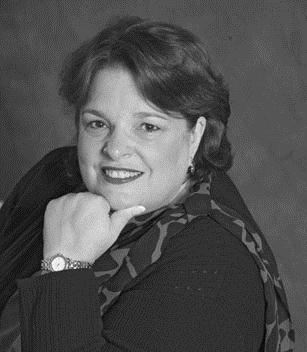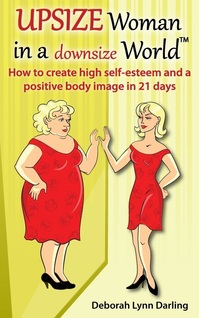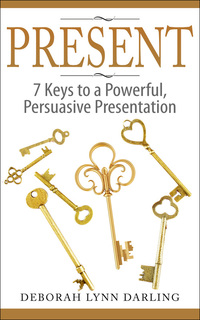As Mark Twains’ famous quote points out, “I didn’t have time to write you a short letter, so I wrote you a long one.” Getting to the point is not always as easy as it may seem. Yet in today’s fast-paced 30-second mind-set (and attention span) getting what you want and being taken seriously may depend on it.
So, what’s my point? It is critical today to communicate not only faster but smarter. That “30-second elevator speech” quickly demonstrates that you know your business and you can communicate it effectively. Don’t worry if some of the important facts are left out. People today are very skilled at judging relevancy and making decisions with less information. Besides, if people want more information they will ask for it and be open to more communication. Simply stated, the more succinct the message is, the more successful the messenger – and the communication.
Here are some helpful pointers to keep in mind while you keep it simple:
Know your Audience. Focus on what is meaningful for the person or people you are speaking to. If people don’t hear the benefit for them, they won’t listen to you. Focus on your audiences’ needs and find out what they value. Speak in terms your audience can relate to and influence them with the promise of mutual benefit.
Know the Subject. Could you define your topic or value in a single sentence? It’s harder than it sounds – remember Mark Twain’s letter. Knowing your subject well demonstrates your ability to stand out from other’s who are doing something similar. Articulate exactly what it is that gives you the distinct advantage over your competitors’ – from your audiences’ perspective.
Organize the Message. Organize the flow of information in a concise and easy process. Start with a strong introduction by identifying your point clearly. Next, state the reason for your point. Give clarifying evidence to support your reason. Clarity is more profound than jargon. Finish with a one-line summary of your message stating an outcome of mutual benefit.
Keep in mind these strategies may be applied to all of your communications. They are very effective when answering questions, and help you achieve the same success when delivering a longer speech. Preparation of your content and delivery will help give you confidence, and more importantly from your audiences’ perspective, get you to the point.
If you need help composing your elevator speech, preparing to give a presentation, or finding the right way to represent yourself or your business - contact The Presentation Pros.
Debbie Darling - © 2013 – The Presentation Pros™
So, what’s my point? It is critical today to communicate not only faster but smarter. That “30-second elevator speech” quickly demonstrates that you know your business and you can communicate it effectively. Don’t worry if some of the important facts are left out. People today are very skilled at judging relevancy and making decisions with less information. Besides, if people want more information they will ask for it and be open to more communication. Simply stated, the more succinct the message is, the more successful the messenger – and the communication.
Here are some helpful pointers to keep in mind while you keep it simple:
Know your Audience. Focus on what is meaningful for the person or people you are speaking to. If people don’t hear the benefit for them, they won’t listen to you. Focus on your audiences’ needs and find out what they value. Speak in terms your audience can relate to and influence them with the promise of mutual benefit.
Know the Subject. Could you define your topic or value in a single sentence? It’s harder than it sounds – remember Mark Twain’s letter. Knowing your subject well demonstrates your ability to stand out from other’s who are doing something similar. Articulate exactly what it is that gives you the distinct advantage over your competitors’ – from your audiences’ perspective.
Organize the Message. Organize the flow of information in a concise and easy process. Start with a strong introduction by identifying your point clearly. Next, state the reason for your point. Give clarifying evidence to support your reason. Clarity is more profound than jargon. Finish with a one-line summary of your message stating an outcome of mutual benefit.
Keep in mind these strategies may be applied to all of your communications. They are very effective when answering questions, and help you achieve the same success when delivering a longer speech. Preparation of your content and delivery will help give you confidence, and more importantly from your audiences’ perspective, get you to the point.
If you need help composing your elevator speech, preparing to give a presentation, or finding the right way to represent yourself or your business - contact The Presentation Pros.
Debbie Darling - © 2013 – The Presentation Pros™






